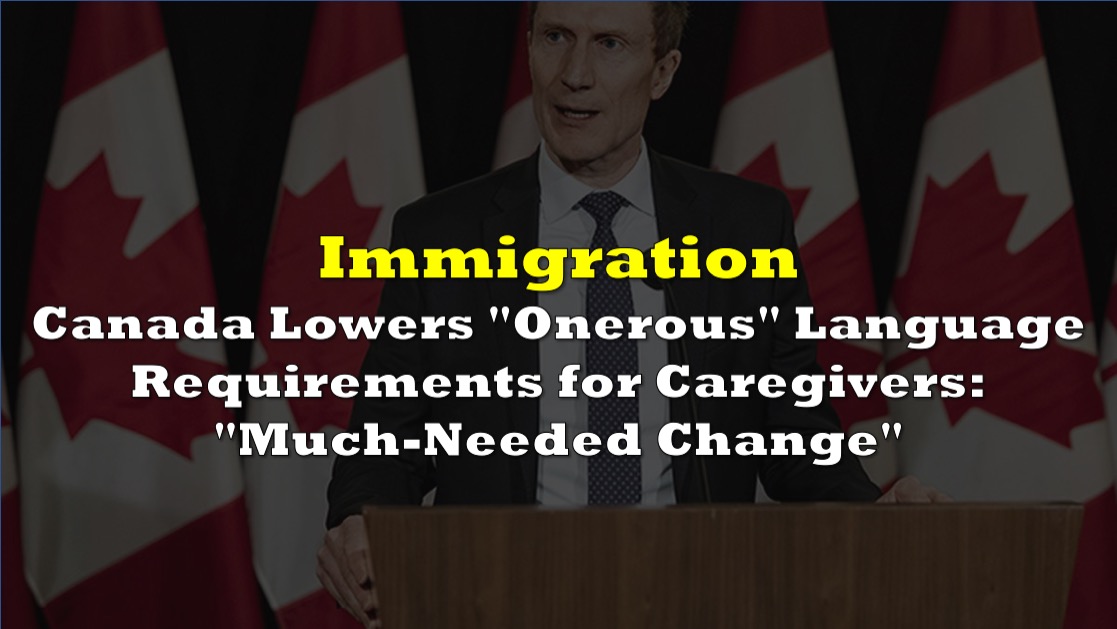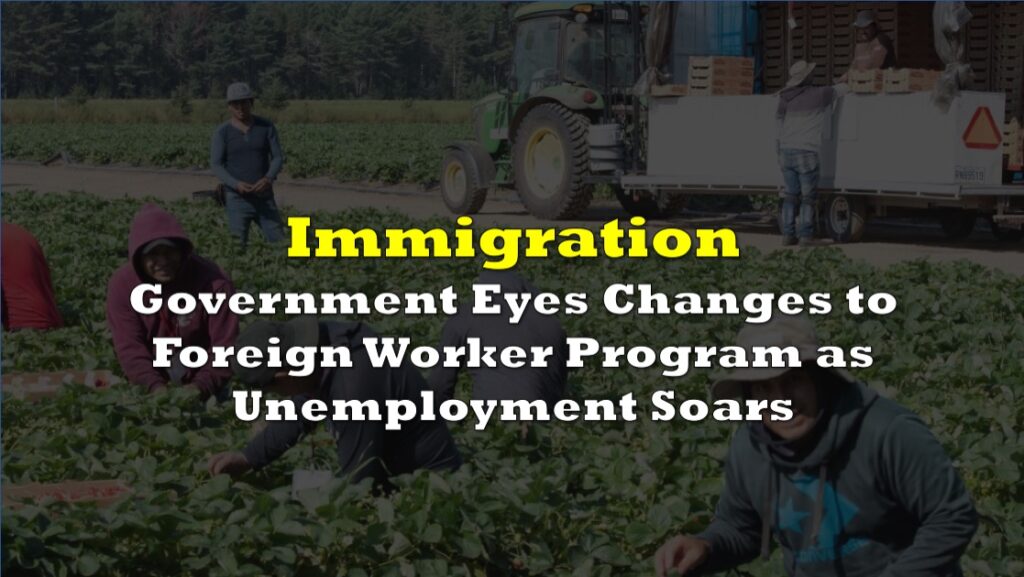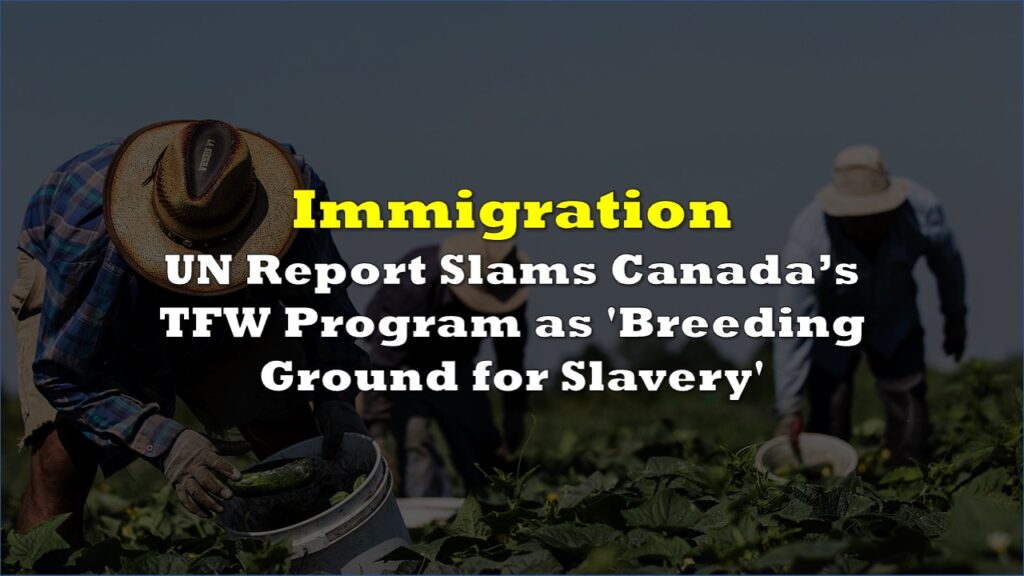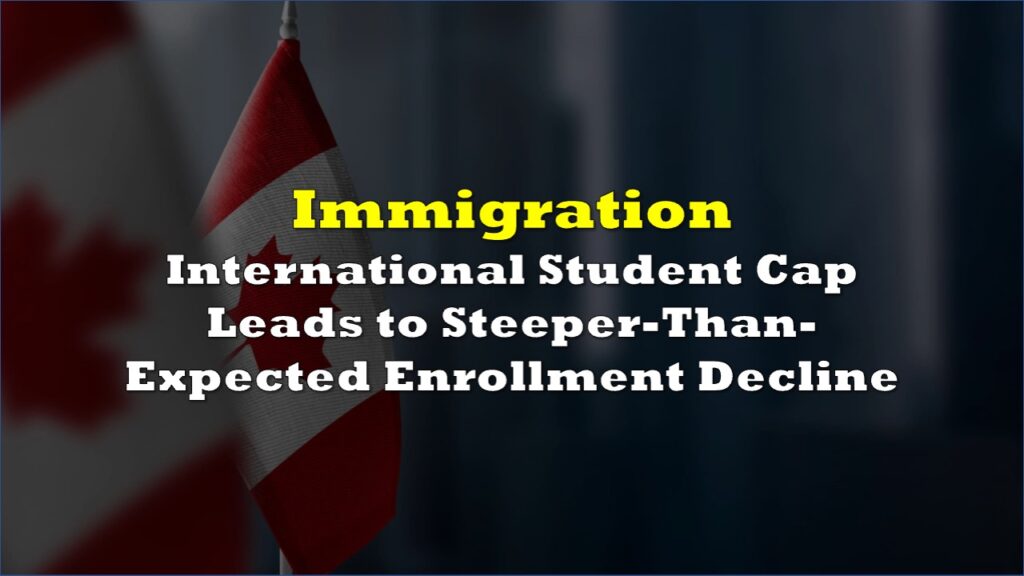In a significant policy shift, Immigration Minister Marc Miller announced this week that caregivers arriving in Canada will now be granted permanent residency upon arrival. This new development, aimed at addressing the pressing needs of Canadian families and the challenges faced by caregivers, marks yet another change in the immigration landscape.
During a press conference in Toronto, Miller specifically criticized the current language requirements for caregivers as being overly stringent.
“Earlier today, we concluded a meeting with current and past caregivers who told me their journeys and challenges to Canada. Teresa, who’s there among us today, told us her story about how she works during the day to take care of kids for family in Toronto but at night [she] has to take courses to pass the very onerous language requirements,” Miller said.
Immigration Minister Marc Miller calls the Canadian Language requirements "onerous" and "must be changed."
— sonofabench (@therealmrbench) June 3, 2024
The Trudeau Liberal government is planning to lower English or French language proficiency when applying for work permits or permanent residency to Canada.
Thoughts? pic.twitter.com/fPy4XSAxDu
New Pilot Programs
The announcement includes the introduction of two new pilot programs that will replace the current Home Child Care Provider Pilot and Home Support Worker Pilot, which are set to expire on June 17. The enhanced pilots aim to simplify the process for caregivers by providing a direct pathway to permanent residency, eliminating the need for a separate work permit application process.
Key features of the new pilots include:
- Permanent Residency on Arrival: Caregivers will receive permanent residency status as soon as they arrive in Canada, streamlining their integration and providing immediate stability.
- Lowered Language Requirements: The language proficiency requirement will be reduced to Canadian Language Benchmark (CLB) 4. “Lowering the language requirements is a much-needed change,” Miller emphasized. “This adjustment is out of fairness, ensuring that the barriers caregivers face in obtaining permanent residency are significantly reduced.”
- Expanded Eligibility: The pilots will now include caregivers employed by not-for-profit organizations, expanding the opportunities for these essential workers.
Miller highlighted the critical role caregivers play in Canadian society, especially in supporting families by looking after children, seniors, and disabled individuals. He emphasized the sacrifices caregivers make, often leaving their own families behind, to provide essential care in Canada.
“Caregivers have a long legacy here in Canada as they’re instrumental in helping families take care of loved ones,” said Miller. “These sacrifices are not going unnoticed as my department works to improve the caregiver program.”
The new programs are set to admit over 15,000 caregivers and their families as permanent residents over the next two years. This move is seen as a response to the ongoing demand for caregiving services in Canada, particularly with an aging population requiring more support.
Information for this briefing was found via The Globe And Mail and the sources mentioned. The author has no securities or affiliations related to this organization. Not a recommendation to buy or sell. Always do additional research and consult a professional before purchasing a security. The author holds no licenses.









